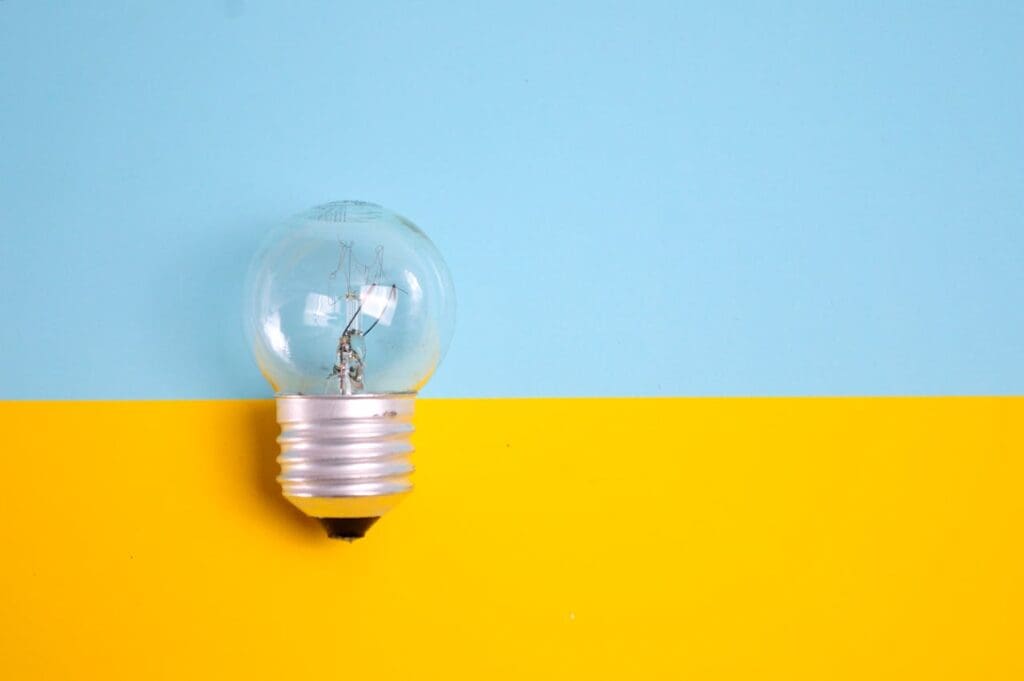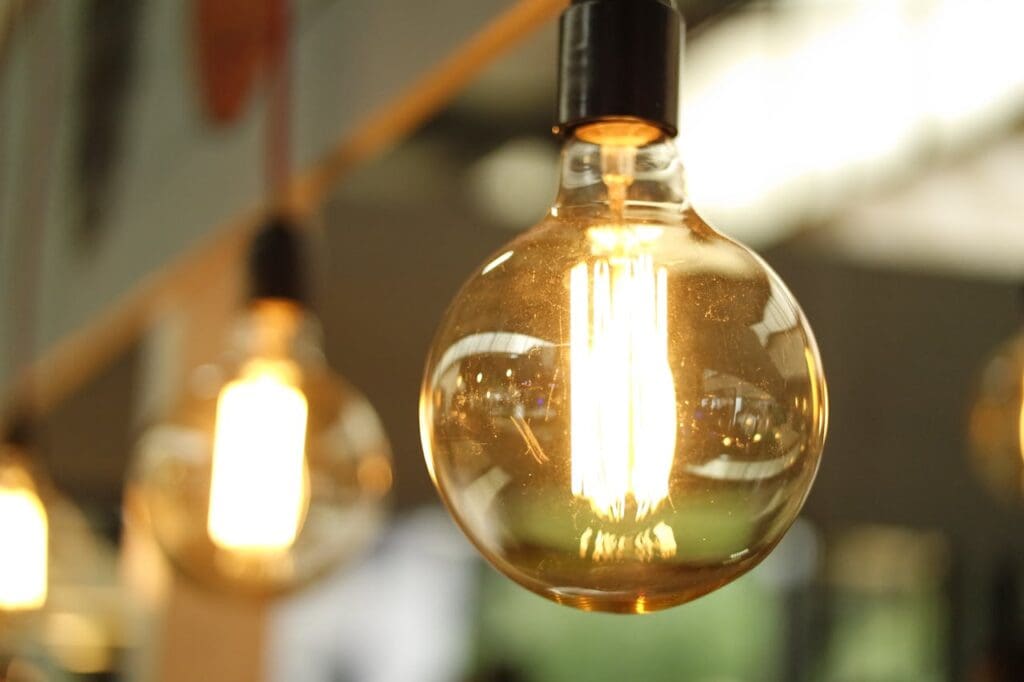Sustaining your home has come with financial advantages, and this is because of the following reasons for keeping your home energy efficient. As simple as cutting down the electricity bills or as complex as raising the value of the house, these changes bring about periodic and terminal profits.
Lower Utility Bills
Among the numerous and potentially tangible advantages of energy efficiency, the first one is the decrease in utility costs. The use of energy-efficient appliances, for example, fridges, air conditioners, and water heaters, also drastically reduces monthly energy consumption. You can save on your energy bills by applying for eco4 grant eligibility and creating a more energy-efficient home. For instance, refrigerators, light bulbs, and other household appliances that are accorded Energy Star use less energy than other similar products and result in reduced costs on electricity or gas bills in the long run.
Government and Utility Rebates
Most governments and utility companies provide certain promotions, like rebates and tax credits for people who invest in efficient energy upgrades. These incentives help to compensate for the initial costs of improvements such as insulation, windows, and solar system installation. Benefits such as fairly low costs of the equipment and materials used and a faster return on investment can be realized when the programs are embraced.
Increased Property Value
People are willing to pay for efficient houses as they count on numerous advantages connected with the provision of low utility costs and minimal maintenance. Research has revealed that energy-efficient homes receive a better price and have a longer selling time than less efficient houses, which may be recovered when the house is sold on the market.
Enhanced Comfort and Health
Heating and cooling products that have been improved mostly create better inside comfort in terms of drafts, consistent temperatures, and air quality. For instance, sealing gaps and doors and installing insulation not only conserves energy but also provides better comfort as temperatures do not fluctuate irregularly. Positive changes in the type and quality of ventilation systems will result in enhanced indoor air quality, which will lead to better health for the occupants and consequently curtail healthcare costs in the long run.
Long-Term Savings and ROI
It is worth mentioning that the initial costs of energy-saving solutions can sometimes be higher than conventional ones, but the payback period and general savings are impressive. Energy-efficient homes require less energy, less reliance on overseas oil, and future energy prices. In the long run, the cost difference between using energy-efficient appliances and frequent repairs outweighs the initial capital expenditures, greatly benefiting homeowners.

Enhancing the efficiency of the home’s appliances has several other fiscal advantages apart from direct energy costs. Beginning with an easy pass through the facilities needing minimal maintenance and an increase in property value, the prospects of these investments are boosted by the government and shown to improve the indoor comfort of the premises. It is demonstrated that energy-efficient modifications should be viewed as wise economic plans with tangible and prospective monetary gains to inhabitants within the framework of energy and looking ahead to a world of efficient utilization of energy resources.

